DJ Porter Robinson on the future of virtual concerts, from clubbing in VR Chat to browser-based live music
Porter Robinson is bringing music into Oculus VR with the Secret Sky 2021 virtual festival
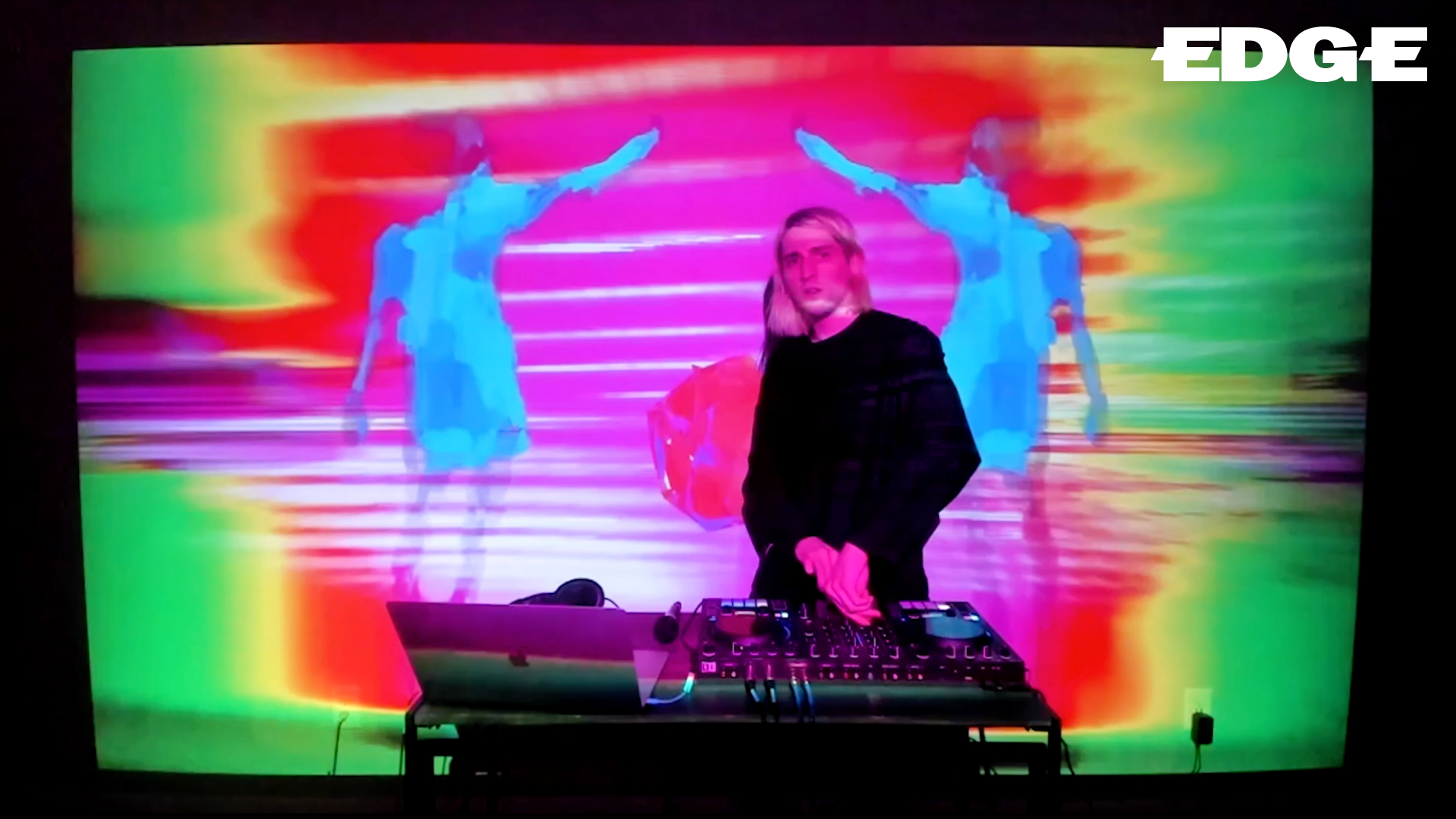
Porter Robinson’s 2014 debut album Worlds was inspired by the tragedy of dying MMOs like Star Wars Galaxies. His Virtual Self project arrived in 2017 like a Y2K neo-trance booster shot. More recently, Robinson has been working on Nurture, a vulnerable album about hope and perseverance in the face of creative strife, which lands on April 23.
We spoke to Robinson about going clubbing in VR Chat and the making of Nurture and Secret Sky, a festival that took place in a browser-based auditorium in the middle of the COVID-19 pandemic. Secret Sky Festival is back for 2021 and will offer Oculus VR integration and sets from Robinson, Bauuer and Kero Kero Bonito among others when it kicks off on Saturday, 24 April.
Porter Robinson interview
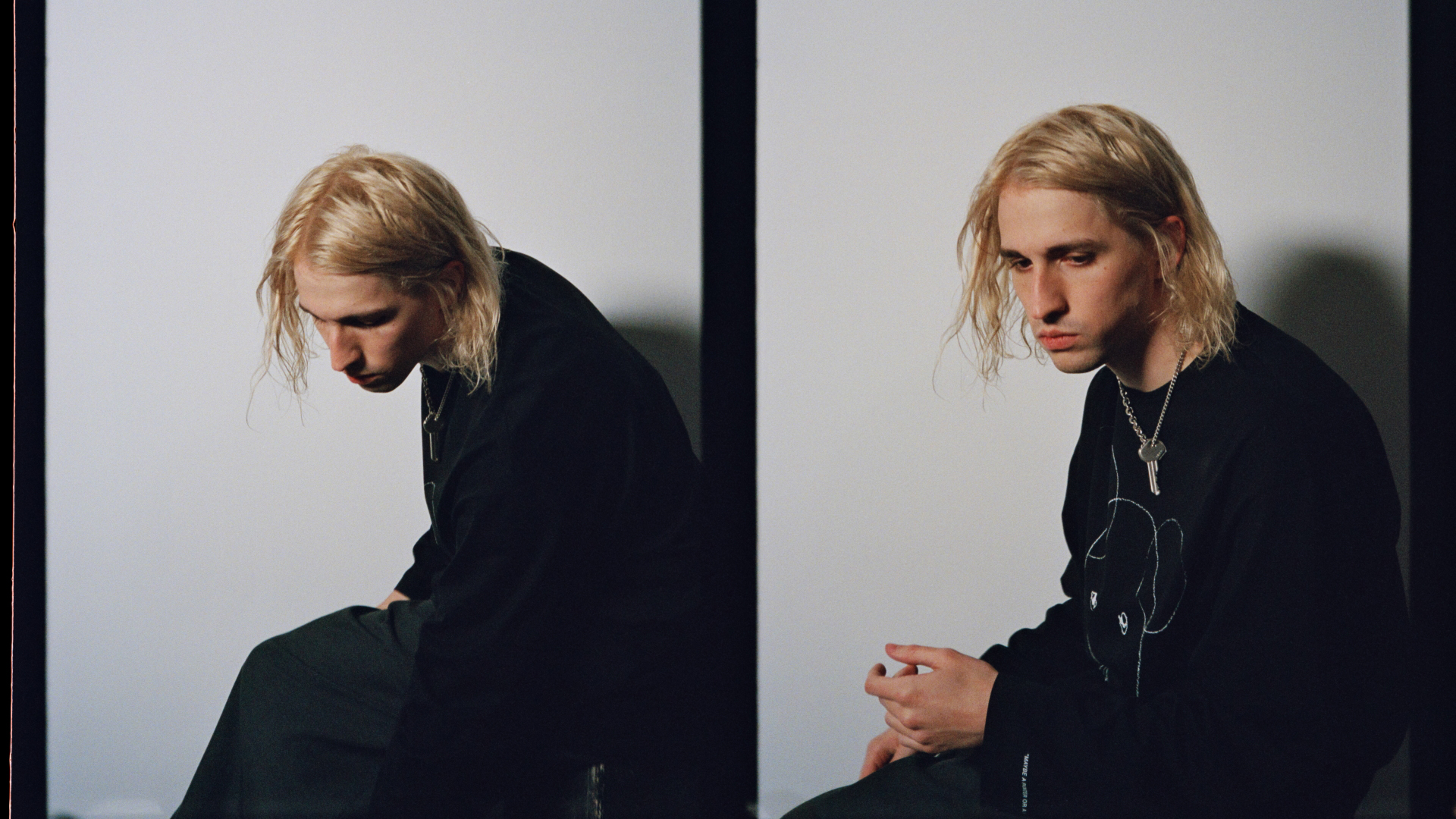
Performing in a virtual capacity is not all that new for you. But in a time where it's the only way for artists and fans to connect, it must have felt different?
Yeah, there's a certain amount of imagination that you have to have, I guess. Because when I'm sat in a room with me and two other people, I’m trying to conjure the stage presence, and sort of break the ice with myself a little bit, and get over some of the awkwardness in the beginning.
But then I was just having so much fun that I forgot all about it. But yeah, you miss seeing people's faces, and you miss hearing people's reactions to songs they recognise and things like that. But it's so much better than nothing. And I think especially at that time, I had so many plans that got delayed by the pandemic and stuff, and so there were times during the pandemic where I was feeling especially aimless and just not sure what I was supposed to be doing. And that affects me a lot. That puts me in a bad place when I don't have some kind of purpose or some kind of goal – that's where you'll probably find me struggling the most.
So it was just so meaningful to have something to work towards and to try to make really good, and so it came at a good time. I think it sustained me for a few months for sure!
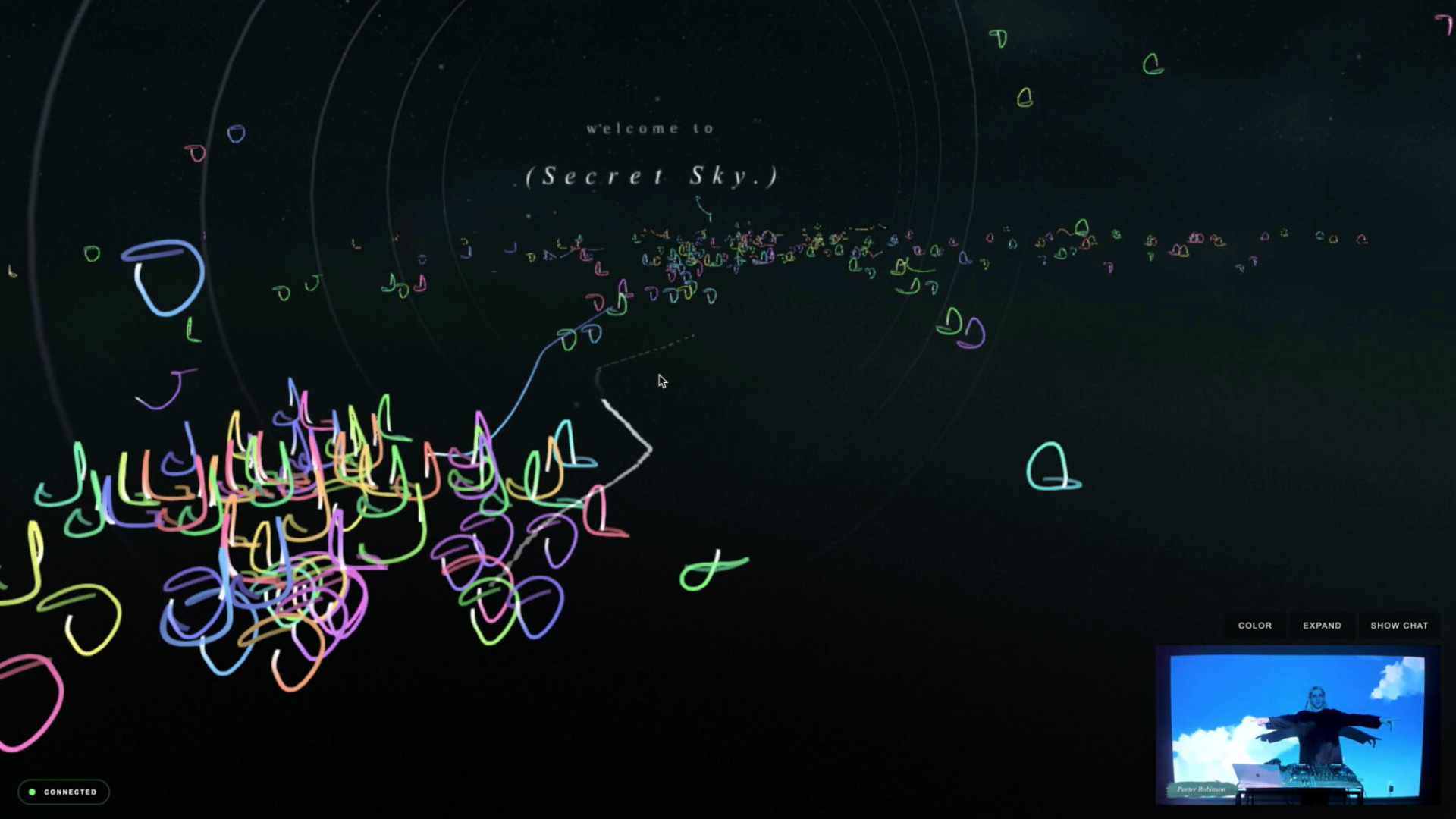
There’s a really distinct sincerity in your lyrics lately – you know, “look at the sky/I’m still here/I’ll be alive next year” – it breaks through the platitudes that we’re getting used to in quarantine, and as a result, I think it means something to a lot of people. What was it like writing a song like that at a time like this?
Weekly digests, tales from the communities you love, and more
Well, actually, that might be one reason why it feels distinct from some of the platitudes that you hear during the pandemic – because it was mostly written in 2017! It wasn't really meant to be...
Oh, I see, so it’s found new meaning in that sense, I guess?
Yeah! That’s one of the things that I'm happy about. Because there are times where I find myself wondering, you know, so much of this music is about my own kind of creative blocks and creative development, I question how relatable that might be to people.
So every time there's a new interpretation, or every time somebody is able to find their own meaning in the words, one, there's a bit of relief for me, but there's also a real sense of joy that this can be helpful to people. And I always try to be as sincere as possible with the things that I'm saying because I really feel that I only have so much time to be around in this world and there's only so much that I can do. And I would like for my creative output to be as heartfelt and as truthful as possible.
I think that the truth has a real way of cutting to the core of like – the truth is just helpful, I think. The only way that you can navigate the world in a way that makes any sense at all is if you have some bearing on the truth. And I think we've felt that within the last year as it feels like a lot of people's grasp on the truth has waned. It's like we need that so, so badly.
And while I understand how despair, which there's no shortage of, can lead to nihilism and irony and how there can be some kind of enjoyment in that – it's weirdly comforting – it's not what I'm interested in. I really want to kind of wear my heart on my sleeve and really say what I'm feeling because I feel like that message will go a bit further and have a better impact
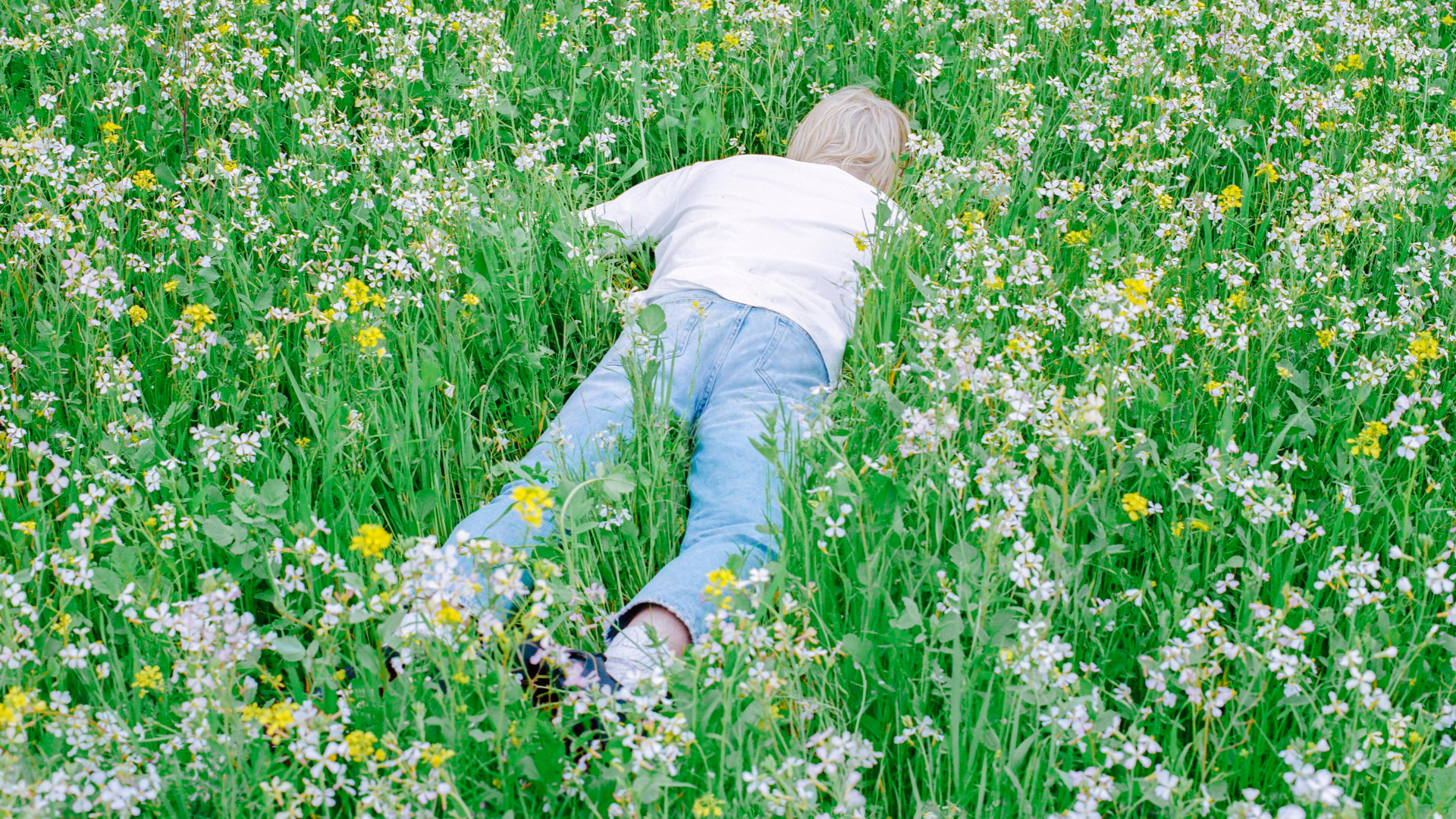
The singles released from Nurture so far sound triumphant, but touch on subjects like self-doubt, creative burnout and the importance of perseverance and hope with remarkable honesty. What are the main lessons you learned making this album, ones that may help other creatives fighting similar feelings?
This problem is so complex, and it's really hard to distil into a single, concise answer — people have written whole books on this. I think the biggest obstacle for me was trying to obey a loud critical inner voice demanding that I constantly be productive. You have to understand that having normal life experiences, like falling in love, travelling, listening to new music and old music, experiencing grief, confronting other real problems — all of these things are fertile grounds from which creativity can grow. You can't do this entirely on willpower.
The visual identity of Nurture – the scribbles, the flora, the coordinates and the sky – what drew you to these symbols?
The main visual motif of Nurture to me is the idea of seeing nature through a window. It's this "portal," so to speak, and you see it again and again in the album. All of the single covers are just an iPhone photo of nature in a black void. The music videos are mostly me standing in a little slice of nature in a void.
I'm drawn to showing nature "in a box" as opposed to in its full splendour because I think it shows the artist's eye and the artist's selection. It "shows what we choose to show." When you see not only the thing the artist chose to depict — in this case, nature, but also the blank space around it — you feel the selection more.
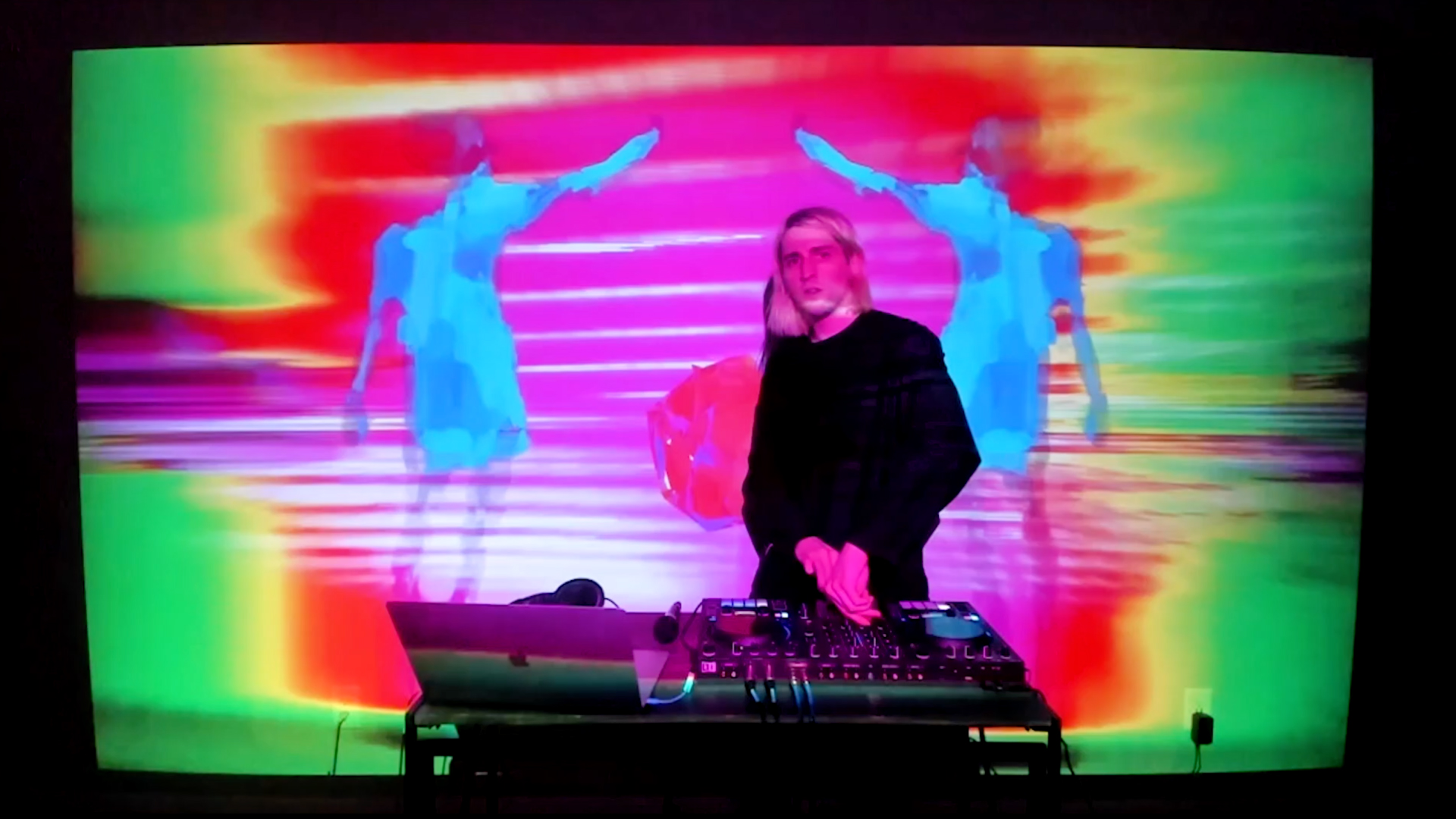
What were your considerations when you were building the Secret Sky set? Were you thinking about what an audience that's not been to a concert in a long time would want to hear from you?
You're dead on with what you're driving at, I was totally trying to make it a bit more fun than the music I was writing. Like, from where I was standing, it felt like a lot of the music I was writing for Nurture was – and this is maybe the self-conscious part of me speaking again – but I was trying to write something that was as emotional as possible and a sort of dramatic telling of the story as I had experienced it.
And I felt especially in the first quarter of the pandemic – I mean, knock on wood provided that was actually the first quarter – I felt like some fun was needed, like desperately, and so that's where I kind of came in with playing like, some of my older tracks like Easy or playing some of those Lil B freestyles and stuff like that.
The Secret Sky Festival Auditorium is kind of like a mini MMO where you're going into Mario 64-style painting doors, into pockets of little worlds full of other people. What were you thinking about when you were working with Active Theory to develop it?
Well, I think that there are certain parts of the live concert experience that you miss when it's just a video and a chat. Like you're missing a sense of spatiality and you want to be able to see it, you want to feel surrounded by other people, in some sense, I think. So I think that was, that was quite a bit of the goal, we just thought it would be an interesting thing for a virtual festival to do to have a physical place where the show can be experienced, where you can have maybe more of a sense of how many people are around you and see people jumping around.
And, you know, I think that idea can be pushed even further. It was like, it was fairly last minute, the auditorium. Those guys at Active Theory, they're just gangsters. Honestly, they’re so good and such talented designers and coders and they put that experience together really, really quickly. But I like it. I feel like one of the best things about it was also just knowing it was there, like knowing that that was happening. Like, that's how I felt like whenever I did look at the YouTube chat, or I was looking at Twitch chat, just knowing that there was also this sort of pseudo-physical space where it was all going down, it made it feel a little bit larger than life, I guess.
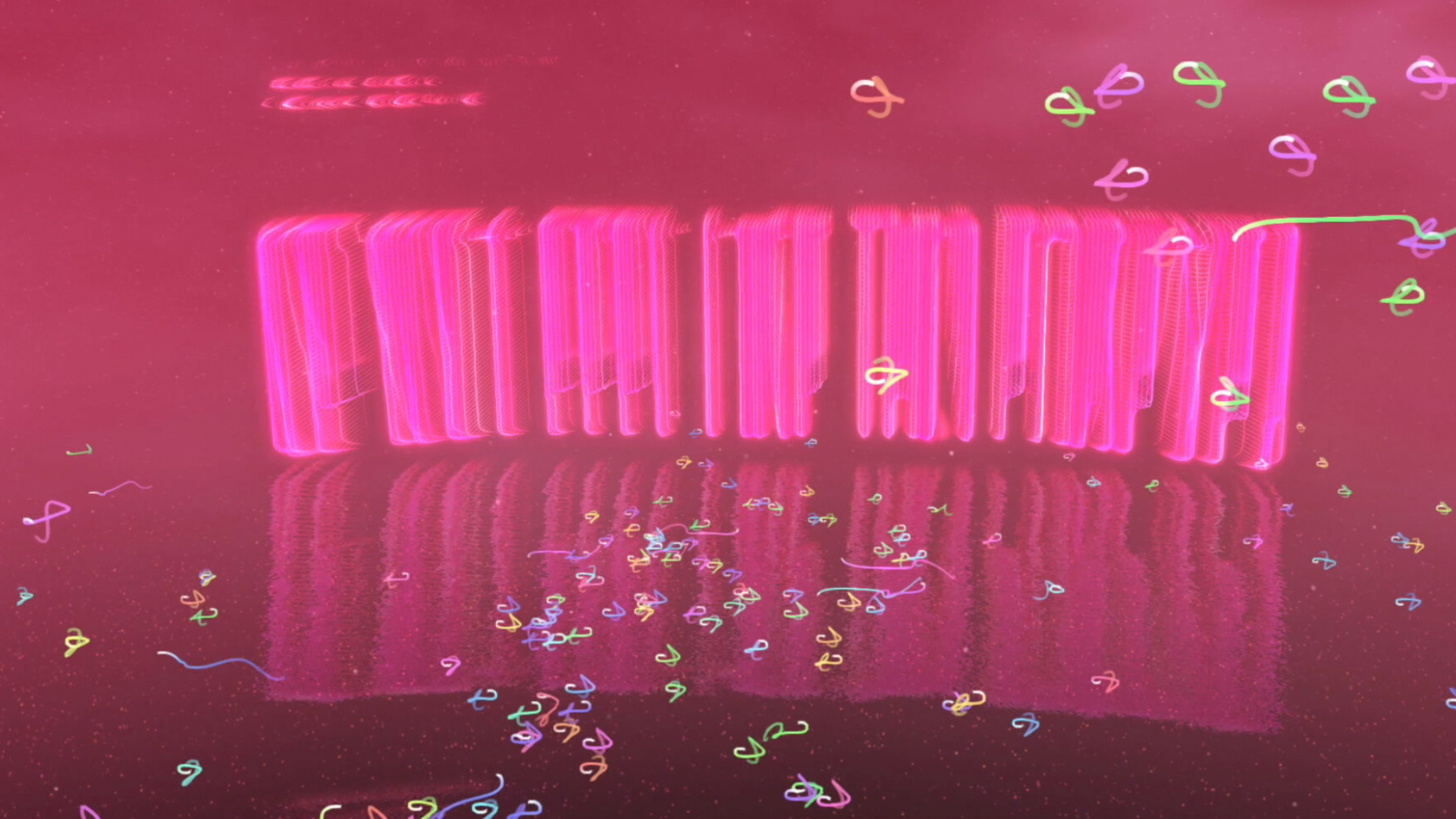
There was this reduced social aspect of it that I think made it even more resonant. It's just that feeling that you're there and you don't have to worry about actually committing to conversations with other people. You just know that they’re with you.
I had an interesting experience that kind of relates to that. One of my friends had her birthday in VR Chat, and there's this club, I can't remember the name of it [LONER Online]. But she was like, “I'm having my birthday in this club.” And for those who aren't familiar VR chat is a bit like Second Life. It's like a virtual space where you can be any avatar. And while there's not much of a game there, it's mostly just social interaction. There are all these various virtual worlds that you can go hang out and chat in.
But the people who make worlds for VR Chat have pushed the technology really far and have developed some sort of pseudo games and people will play Never Have I Ever and they'll play, you know, Werewolf and Mafia – that sort of thing. So I got this invitation to go for her birthday and me and my girlfriend went in together and I just needed to change some permissions within the game is to allow streaming links from outside of the game.
And then all of a sudden it was just blasting music and crazy lasers and lights and people were screaming into their mics to be able to hear each other. It was like a very real approximation of being in a nightclub and trying to have conversations with people. Honestly, I've missed it so badly that I saw only the good and none of the bad in that, I was like “yeah scream right into my ear!” – I missed it!
Are you playing any other games and thinking about how they could become a festival space or a place for music, beyond VR Chat?
Honestly, VR Chat would be the main one that feels like it shows real promise for these virtual events, just because it has the highest sense of any game that I've played of presence and immersion. And it's the closest thing I've ever experienced to hanging out with someone. The social dynamics that you find inside of VR Chat are so much more similar to real-life than having a conversation in DMs or through text. There are all sorts of dynamics around feeling like you're making eye contact with somebody, and you have this sense of who hasn't spoken in a while.
All those little nuances that come with real-life conversation are there and it's hard to express how far that goes in the virtual concert experience – like just that kinetic energy of other people around you moving and laughing and reacting and screaming and stuff like that.
VR Chat approximates how far somebody is from you as well. All of those things that align with the way that we interact with reality on a day to day basis really accumulate and make it a pretty compelling replacement. It looks exactly like it would be at like MOGRA or like any nightlife in Japan, and there's like an inside and outside of the event. It's really, really compelling, I think they do a weekly event.
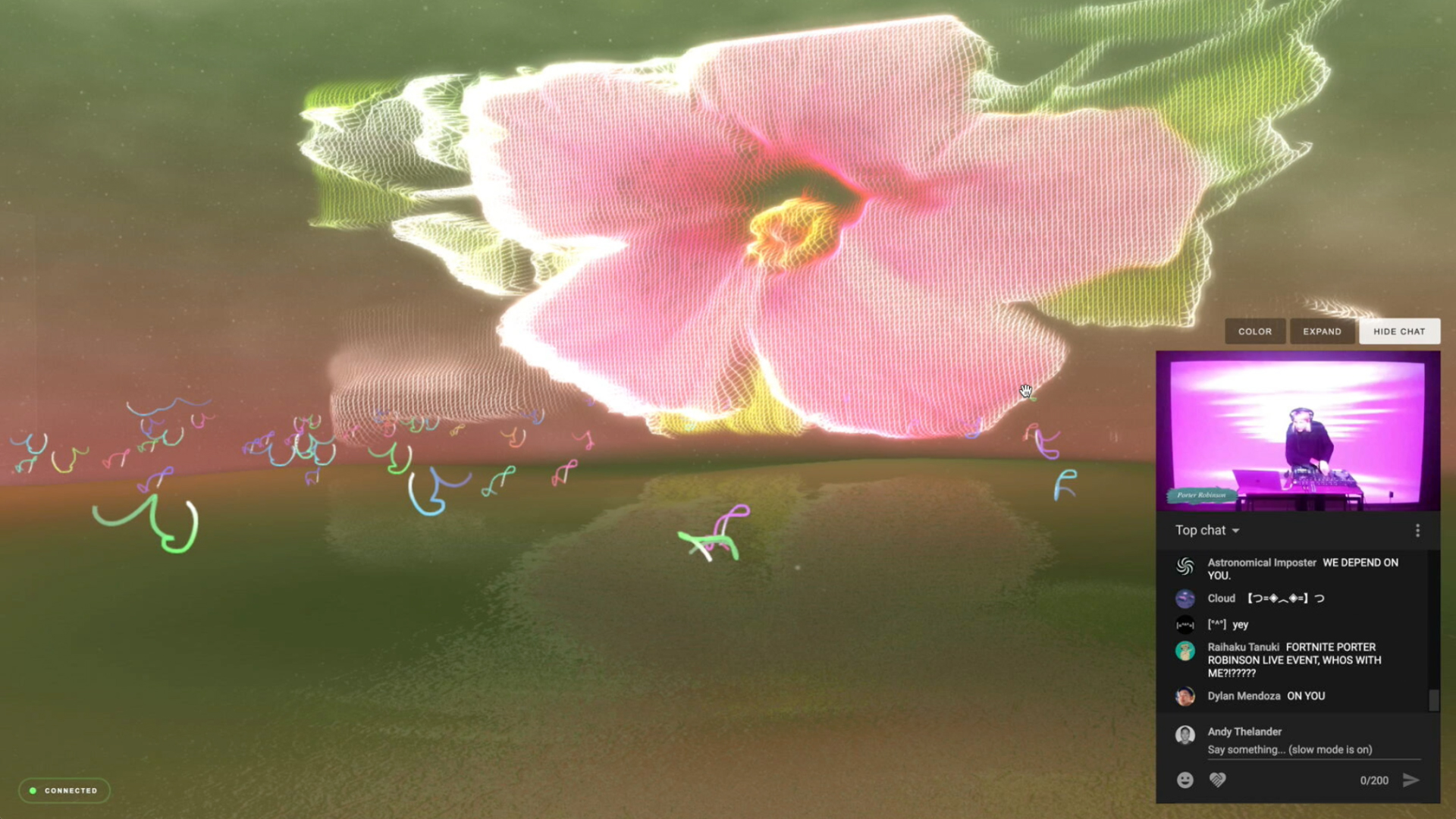
What do you think virtual gigs will look like in five years?
I want to kind of hold my feet to the flame on this and actually check in on this in five years. Because from where I'm standing right now, I think that VR adoption is going to go way up with things like the Oculus Quest 2. It's just so absurdly popular.
I think that the future of VR is really, really bright and so I think that VR concerts are just going to get better and better. One thing I will say though about the Valve Index versus the Oculus Quest – and this is getting a bit nerdy – but the difference in terms of sound between the Index and the Quest is pretty massive. The floating speakers – there’s so much more bass. And so that'll be a big deal, too. Like with the more mobile headsets you might need to bring some nice headphones or something like that. So yeah, maybe that would be my one question is can they sort out the audio, but I'm just so compelled by this experience I had the other night.
What are you hoping to bring to the table with Secret Sky 2, to follow up last year’s set?
It's all a work in progress, but I'm preparing something different for Secret Sky 2 in terms of the style of performance. I haven't thought about what to say about this yet because it's not all ready yet but yeah, you know, I’m working towards another virtual festival and in the meantime doing my best to level it up in every sense. But beyond the fact that I'm working on it, I don't know how much more I can actually say just because you know, I don't wanna Cyberpunk myself and promise something that’s not going to be able to happen…
This set is going to be your first proper Nurture performance, a day after dropping the album. You talked about how Secret Sky was meaningful in that it “sustained” you — What are your emotions as we approach Secret Sky 2? Is it a different set of feelings?
I'm just unbelievably excited to be standing in front of the stage and moving my body, away from the cocoon of instruments. It's something I'm going to visualise while writing music from now on — the feeling is so different.
For more excellent features like the one you've just read, subscribe to the print or digital edition of Edge Magazine at Magazines Direct.
Jordan Oloman has hundreds of bylines across outlets like GamesRadar+, PC Gamer, USA Today, The Guardian, The Verge, The Washington Post, and more. Jordan is an experienced freelance writer who can not only dive deep into the biggest video games out there but explore the way they intersect with culture too. Jordan can also be found working behind-the-scenes here at Future Plc, contributing to the organization and execution of the Future Games Show.


